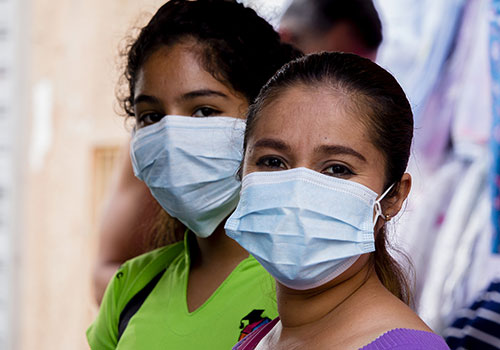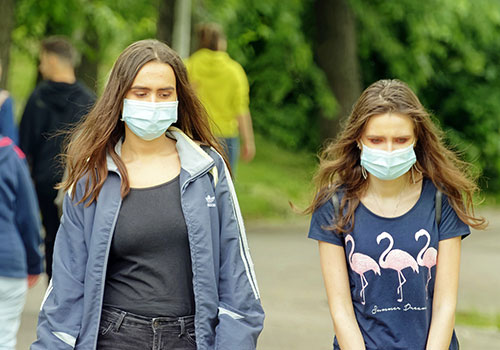In recent years, cities and countries in Latin America and the Caribbean have faced the phenomenon of mixed migratory flows due to the departure of refugees and migrants from Venezuela. According to data from national migration authorities, the R4V Regional Platform
and other sources, it is estimated that 5.6 million (R4V, April 2021) refugees and migrants have moved around the world, of which 4.6 million are in Latin America and the Caribbean, mainly in Colombia, Peru, Ecuador, Chile and Brazil, in addition to more than 700 thousand people who have returned to their country of origin in the region.
This population of refugees and migrants has a significant impact on cities, representing important challenges for local governments and host communities.
In Latin America, national and local governments have shown a strong commitment to assisting this population in order to reduce their vulnerabilities and alleviate their immediate needs. However, the greatest challenges are concentrated in the integration processes of refugees and migrants, most of whom have a vocation to remain in cities. This last element, if well managed, could turn migration into an engine for prosperity, enhancing the opportunities brought about by diversity, productive population, multiculturalism and innovation.
Since the Covid-19 pandemic, governments and control authorities have been establishing restriction and isolation measures as prevention and care strategies for the inhabitants of the territories; measures that, although they have mitigated the impact of the health crisis, have also caused an economic slowdown never before recorded in recent decades.
The impact of Covid-19 is being felt with greater emphasis on informal settlements and on the most vulnerable groups whose livelihood mechanisms are impacted; among these groups are people in conditions of economic and social informality, including refugees and migrants. According to a World Bank report published in July 2020, 70% of refugees and migrants in Peru, Ecuador, and Colombia depended on the informal sector as of January 2020, and in June of the same year, 91% had lost their jobs.

